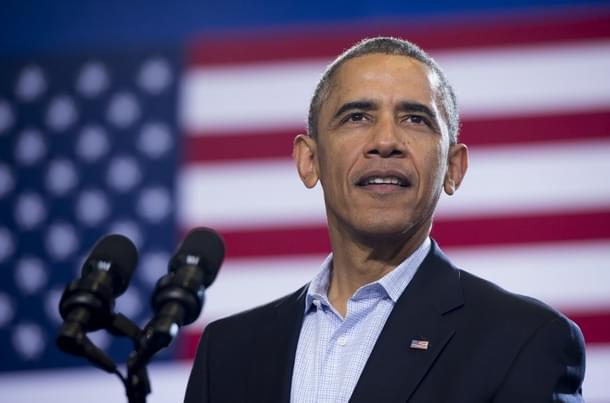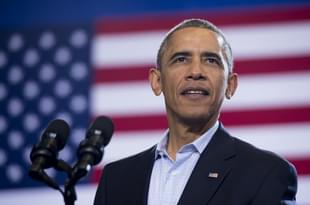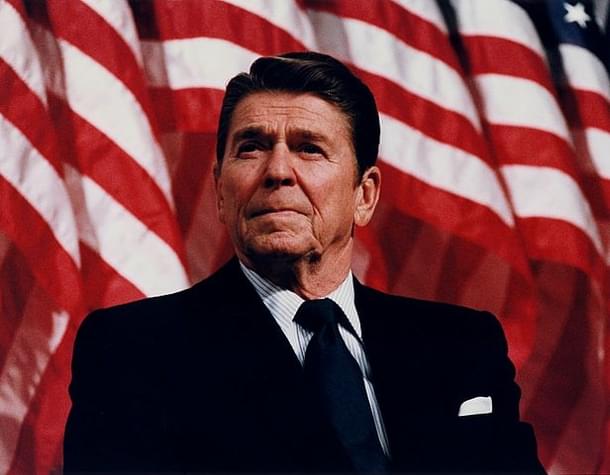World
American Exceptionalism And Its Role In The World
Vijay Rao
Mar 04, 2015, 12:30 PM | Updated Feb 11, 2016, 08:38 AM IST
Save & read from anywhere!
Bookmark stories for easy access on any device or the Swarajya app.


For all its failings, America is still the best bet for global liberal values
A fierce debate is raging among American foreign policy circles on what America’s role should be in the world. In the wake of an unprecedented series of global crises, from economic recession to jihadi terrorism, Russian aggression and Iranian nuclear ambitions, China’s rise and environmental degradation, serious questions are being asked as to what America should be doing about all of this.
The current administration in the United States seems to have a view. Controversy blows over a proposed speech by Israeli Prime Minister Netanyahu to the United States Congress, which is opposed by the White House engaged in diplomatic negotiations with Iran. There is a lack of consensus on the appropriate response to ISIL and the threat of militant Islamism (or “violent extremism”). Diplomatic efforts to address Russia’s actions in Ukraine are being led by France and Germany, not America.
In the prevailing narrative, America should retrench from the world and not stick its nose in everybody’s business. To the extent that it does get involved, it should do so in a circumspect manner. This argument has merits and is widely supported within America and in many countries. The ill-advised, messy and altogether distasteful intervention in Iraq should be lesson enough for the Cowboy faction of American politics, goes the line.
This rampant pessimism is in stark contrast to the image Ronald Reagan left us with at the end of his presidency – of America as a shining city on a hill, a beacon to all the world. At that point of exuberant American optimism, the tide appeared to be on America’s side. Since then, the great threat of the Soviet Union fell, Europe hurtled towards peaceful union, American economic principles became accepted wisdom across the world (most dramatically in China) and America’s military was second to none, sending troops into the Balkans, patrolling the skies over the Middle East and safe-guarding the sea-ways of Asia.

And then… well, here’s how George W. Bush surmised it in his second Inaugural address (which remains the best Presidential speech of this century):
“For half a century, America defended our own freedom by standing watch on distant borders. After the shipwreck of communism came years of relative quiet, years of repose, years of sabbatical – and then there came a day of fire.”
The September 11 attacks brought us into the age of spectacular jihadi terrorism. Two elements are key to this new enemy, and have remained true for the decade and a half since that attack. First, that its tactics are deliberate attempts to “shock and awe” (to borrow a phrase), and second that it views as its enemy the entire global order of international bodies and norms – built on American economics, American diplomacy and the American military.
Given the conventional wisdom that the United States overplayed its hand and was foolhardy in its invasion of Iraq, the American government has revised downwards its own optimism and desire to engage with the thorny conflicts of this new age. In classic game theory-style, this has led to an environment where previously contained actors like Russia, China and Iran flout international norms with increasing alacrity.
So, while the Americans argue about their role in the rest of the world, shouldn’t the world have a view? And is knee-jerk anti-Americanism really a morally serious posture?
The proponents of a smaller American footprint are divided into two broad factions. One is the classic American isolationist wing (in other ages known as the “America First” movement), which wonders what involvement in difficult foreign conflicts really does for the well being of average Americans. The second is more prosecutorial and sees American intervention as a root cause of global crises and further engagement as pouring oil onto international fires.
Responding to these in order, we need only look to history to see the falseness in the isolationist argument. Festering foreign maladies will sooner or later assert themselves against Americans and their interests and this has never been truer than in today’s radically interconnected world. As for the ills of American foreign policy, while they are many, they pale in comparison to the devastation brought about by other imperial and “great powers” of history. Barring very few exceptions, any country that is garrisoned by American troops today is freer, more prosperous and more stable and peaceful than they were half a century ago. It is times of American restraint that have been the darkest hours, be it the 1930s, 1970s or today.
A third view, of course, exists. American politicians of this persuasion are wont to describe America as the “essential” or even the “indispensible” nation. The much-vaunted American “exceptionalism” has been discussed by many presidents, including the incumbent. It is worth examining this proposition – is America really “essential”?
To start with, the global economic slowdown was triggered by an American-born crisis, highlighting America’s importance to the rest of the world. To address the urgent issue of global poverty, economic growth needs to occur. And economic growth will be greatly hurt until the American economy bounces back. This isn’t an opinion.
The next obvious point is that we have already had six years of American military and diplomatic retrenchment and the fruits have been disastrous. Forget the small ticket items of abandoned battlefields and “lead from behind” pablum. The notion that America is a beacon for liberty has taken a massive beating in the last six years – massive protest movements and cries for freedom have been just plain ignored while negotiations continue with Ayatollahs.
This isn’t some wish-washy paean to the persuasive influence of the “sweet land of liberty” – although even the current State Department cites highly the case of gradual democratization in Burma as a valuable (if lonely) recent success. And by no means is this an argument for the infallibility of America’s interventionist foreign policy past. Mistakes, and indeed crimes, have been committed in the name of American global engagement. A fair dose of hypocrisy does come into play when we the purveyors of the Freedom Agenda support regimes like Saudi Arabia and Pakistan.
Yet the fact remains that America is the best bet for liberal values. For better or worse, the world needs a robust and optimistic America that speaks out about human rights abuses and sponsorship of terror, and which challenges and collaborates with the other large and emerging powers of the globe to further stabilty, prosperity and liberty. In other words, a positively Clintonian foreign policy.
Vijay Rao is a writer based out of Bangalore.





